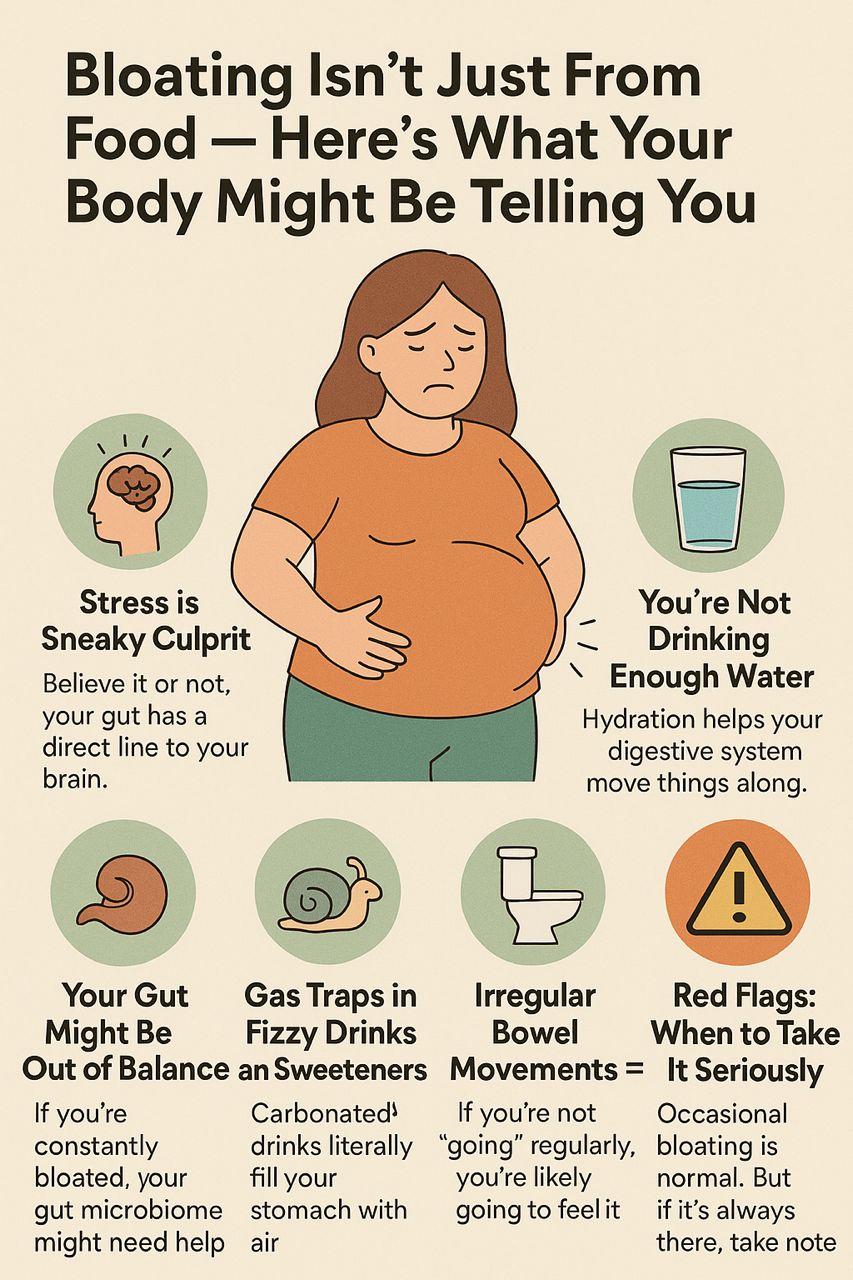NAFDAC Seizes ₦20.5 Billion Worth of Fake Drugs and Tomato Paste in Rivers State
The National Agency for Food and Drug Administration and Control (NAFDAC) has uncovered and seized a massive haul of fake drugs and adulterated tomato paste in Rivers State, estimated to be worth over ₦20.5 billion.
According to officials, the raid which took place after weeks of undercover surveillance targeted warehouses where these fake products were being stored and distributed across the country.
A Shocking Discovery
NAFDAC officials said they found:
Large quantities of counterfeit drugs, some with fake expiry dates
Adulterated tomato paste packaged to look like trusted brands
Expired and unregistered items being sold as safe for use
Prof. Mojisola Adeyeye, the agency’s Director-General, called the discovery alarming and dangerous, especially with how easily these products could have ended up in people’s homes.
> “This is more than a business crime—it’s a direct attack on the health and lives of Nigerians,” she said. “People could have died from using these fake drugs or consuming these harmful products.”
What Happens Now?
A few suspects have already been arrested and are being questioned, though their names haven’t been released yet. NAFDAC says this is just one of several planned operations aimed at cleaning up the system and holding those responsible accountable.
They’re also urging Nigerians to be more cautious check expiry dates, buy from trusted sources, and report any suspicious products.
> “We’ve made a huge step today,” said one official on the ground. “But this fight isn’t over. We’ll keep going until every fake product is off the shelves.”
This latest seizure is not just a victory for NAFDAC but a warning to anyone still dealing in fake and dangerous products: the agency is watching and they’re ready to act.
The National Agency for Food and Drug Administration and Control (NAFDAC) has uncovered and seized a massive haul of fake drugs and adulterated tomato paste in Rivers State, estimated to be worth over ₦20.5 billion.
According to officials, the raid which took place after weeks of undercover surveillance targeted warehouses where these fake products were being stored and distributed across the country.
A Shocking Discovery
NAFDAC officials said they found:
Large quantities of counterfeit drugs, some with fake expiry dates
Adulterated tomato paste packaged to look like trusted brands
Expired and unregistered items being sold as safe for use
Prof. Mojisola Adeyeye, the agency’s Director-General, called the discovery alarming and dangerous, especially with how easily these products could have ended up in people’s homes.
> “This is more than a business crime—it’s a direct attack on the health and lives of Nigerians,” she said. “People could have died from using these fake drugs or consuming these harmful products.”
What Happens Now?
A few suspects have already been arrested and are being questioned, though their names haven’t been released yet. NAFDAC says this is just one of several planned operations aimed at cleaning up the system and holding those responsible accountable.
They’re also urging Nigerians to be more cautious check expiry dates, buy from trusted sources, and report any suspicious products.
> “We’ve made a huge step today,” said one official on the ground. “But this fight isn’t over. We’ll keep going until every fake product is off the shelves.”
This latest seizure is not just a victory for NAFDAC but a warning to anyone still dealing in fake and dangerous products: the agency is watching and they’re ready to act.
NAFDAC Seizes ₦20.5 Billion Worth of Fake Drugs and Tomato Paste in Rivers State
The National Agency for Food and Drug Administration and Control (NAFDAC) has uncovered and seized a massive haul of fake drugs and adulterated tomato paste in Rivers State, estimated to be worth over ₦20.5 billion.
According to officials, the raid which took place after weeks of undercover surveillance targeted warehouses where these fake products were being stored and distributed across the country.
A Shocking Discovery
NAFDAC officials said they found:
Large quantities of counterfeit drugs, some with fake expiry dates
Adulterated tomato paste packaged to look like trusted brands
Expired and unregistered items being sold as safe for use
Prof. Mojisola Adeyeye, the agency’s Director-General, called the discovery alarming and dangerous, especially with how easily these products could have ended up in people’s homes.
> “This is more than a business crime—it’s a direct attack on the health and lives of Nigerians,” she said. “People could have died from using these fake drugs or consuming these harmful products.”
What Happens Now?
A few suspects have already been arrested and are being questioned, though their names haven’t been released yet. NAFDAC says this is just one of several planned operations aimed at cleaning up the system and holding those responsible accountable.
They’re also urging Nigerians to be more cautious check expiry dates, buy from trusted sources, and report any suspicious products.
> “We’ve made a huge step today,” said one official on the ground. “But this fight isn’t over. We’ll keep going until every fake product is off the shelves.”
This latest seizure is not just a victory for NAFDAC but a warning to anyone still dealing in fake and dangerous products: the agency is watching and they’re ready to act.
















